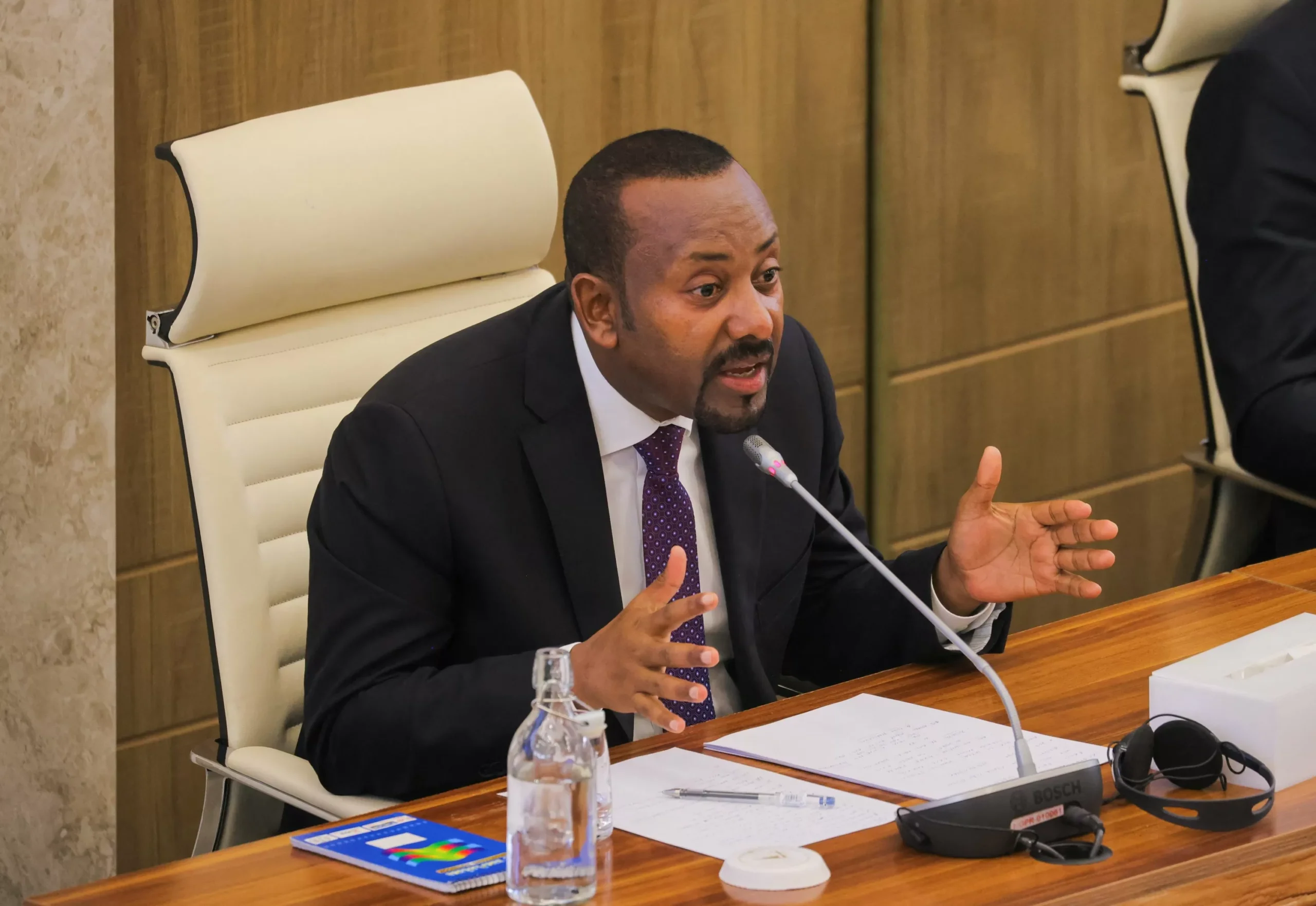Ethiopia’s Prime Minister Abiy Ahmed has recently made a bold statement, criticizing foreign diplomatic missions for their involvement in black market operations that are robbing the country of its valuable resources. In a speech delivered at the Ethiopian Ministry of Foreign Affairs, Prime Minister Abiy expressed his concerns over the negative impact of these illegal activities on the country’s economy and development.
The Prime Minister’s remarks come at a time when Ethiopia is facing significant economic challenges, including high inflation rates and a shortage of foreign currency. These issues have been exacerbated by the COVID-19 pandemic, which has further strained the country’s economy. In light of these challenges, Prime Minister Abiy’s call for action against black market operations is a crucial step towards addressing the root causes of Ethiopia’s economic struggles.
The Prime Minister did not mince his words when he stated, “There are some diplomatic missions that are involved in illegal activities, such as the black market. This is unacceptable and must be stopped immediately.” His strong stance against these illicit activities sends a clear message that the Ethiopian government will not tolerate any form of exploitation or illegal activities that harm the country’s interests.
It is no secret that the black market is a major contributor to Ethiopia’s economic woes. The illegal trade of goods and foreign currency has been a persistent issue in the country, with some reports estimating that it accounts for up to 40% of the country’s GDP. This not only deprives the government of much-needed revenue but also hinders the growth of legitimate businesses and the overall economy.
Moreover, the involvement of foreign diplomatic missions in these illegal activities is a cause for great concern. These missions are supposed to promote friendly relations and cooperation between Ethiopia and their respective countries, not engage in activities that harm the host nation’s economy. Prime Minister Abiy’s criticism of these missions is a wake-up call for them to act responsibly and in accordance with international laws and norms.
The Prime Minister’s call for action against black market operations is not only aimed at protecting Ethiopia’s economy but also its people. The illegal trade of goods and foreign currency has a direct impact on the lives of ordinary Ethiopians, as it drives up the cost of living and makes it difficult for businesses to operate. By cracking down on these activities, the government is taking a stand for the well-being of its citizens.
Furthermore, Prime Minister Abiy’s statement highlights the need for stronger regulations and enforcement measures to combat the black market. The government must work closely with law enforcement agencies to identify and prosecute those involved in these illegal activities. Additionally, stricter regulations and penalties must be put in place to deter others from engaging in such activities.
It is also essential for the international community to support Ethiopia in its fight against the black market. Foreign diplomatic missions must be held accountable for their actions and should not be allowed to operate with impunity. The international community, including the United Nations and other global organizations, must work together to address this issue and support Ethiopia’s efforts to build a strong and sustainable economy.
In conclusion, Prime Minister Abiy Ahmed’s criticism of foreign diplomatic missions for their involvement in black market operations is a significant step towards addressing Ethiopia’s economic challenges. His strong stance against these activities sends a clear message that the government is committed to protecting the country’s resources and promoting a fair and just economy. It is now up to all stakeholders, including the government, law enforcement agencies, and the international community, to work together to eliminate the black market and pave the way for a brighter future for Ethiopia.






![Complete BritRail Pass Guide [Types, How to Use It, Pros + Cons]](https://inside-news.uk/wp-content/uploads/2025/06/00221EB4-BCA2-4DBB-6CD4-83DBC37D71FA-120x86.webp)















